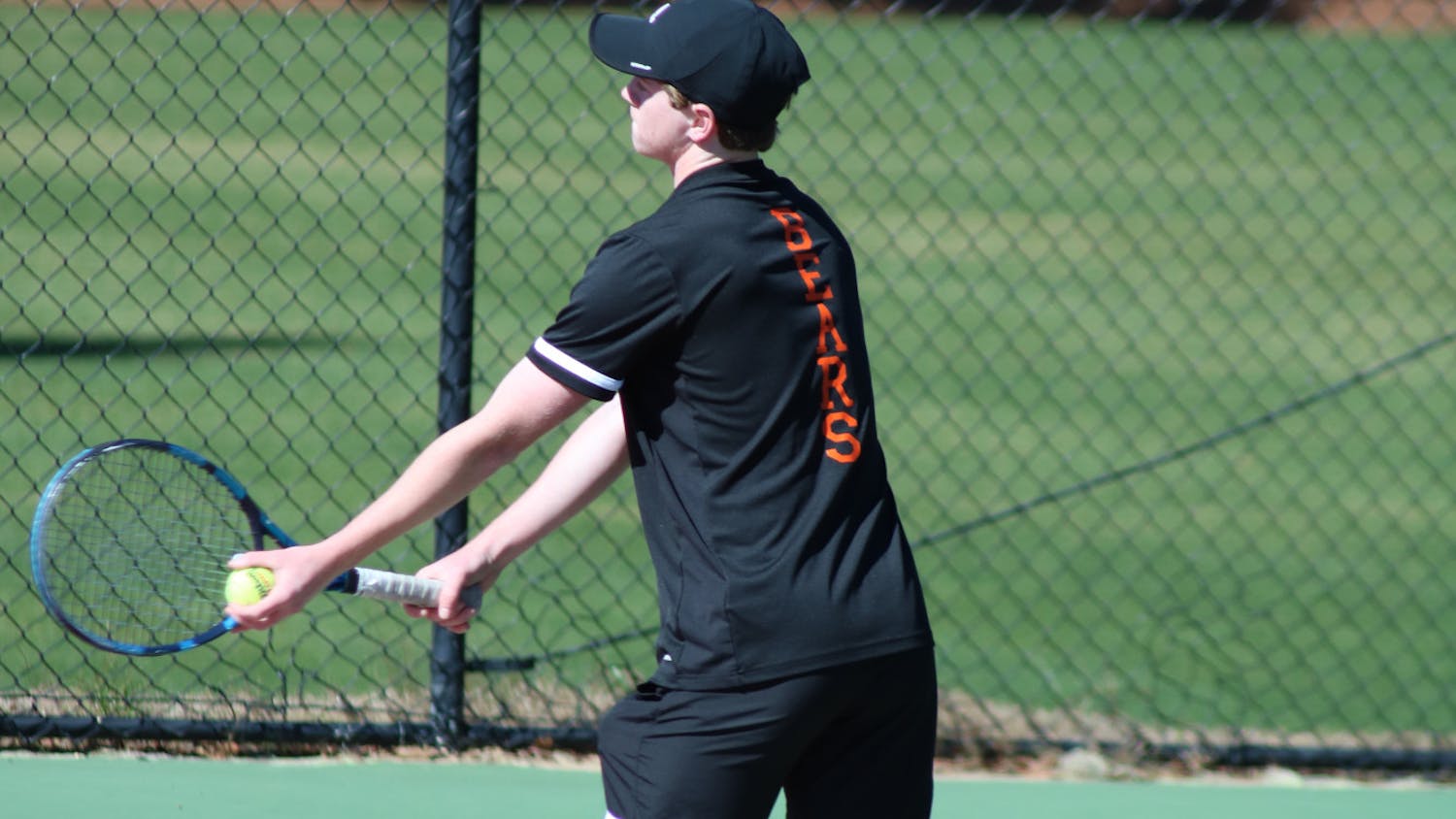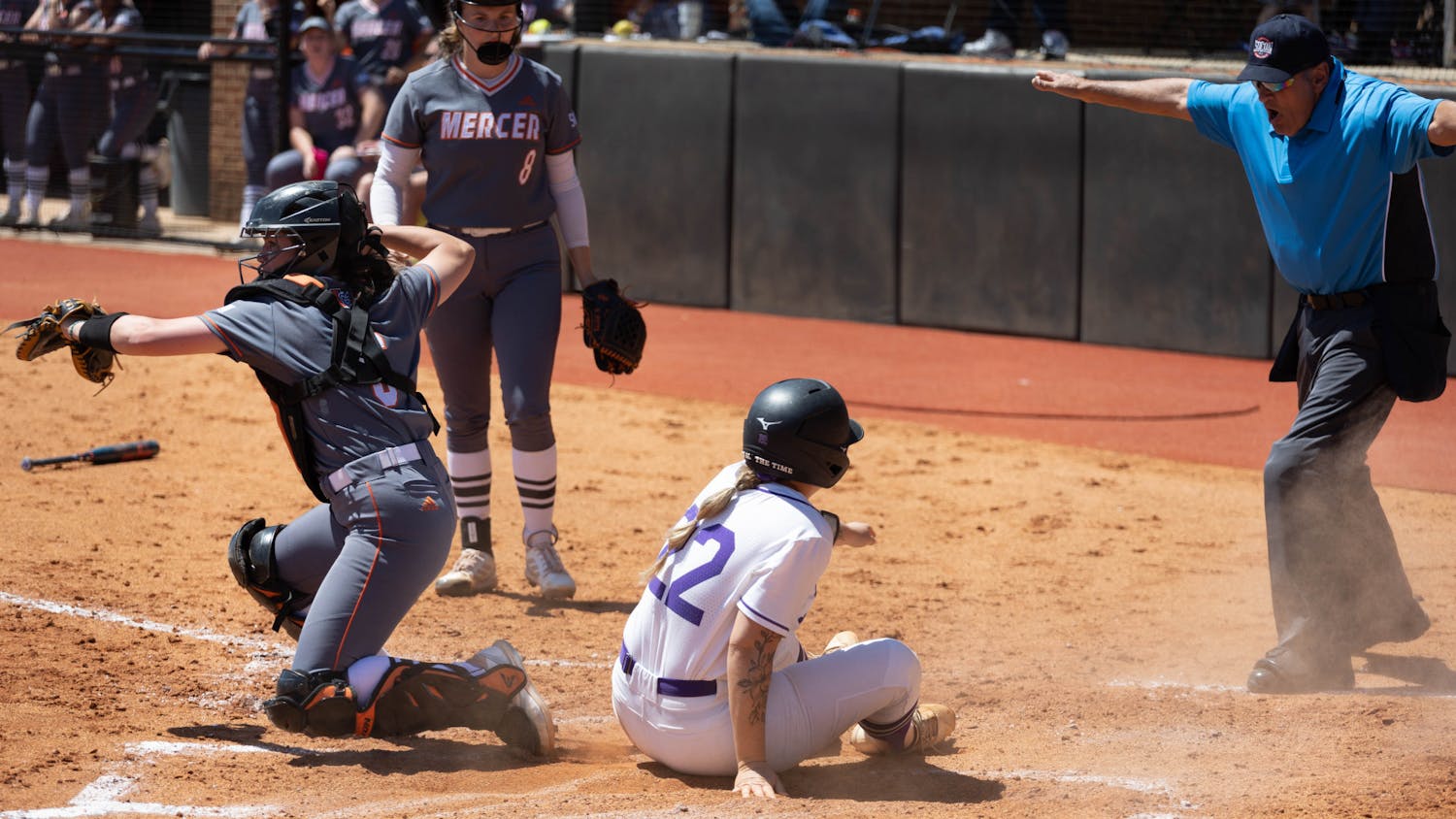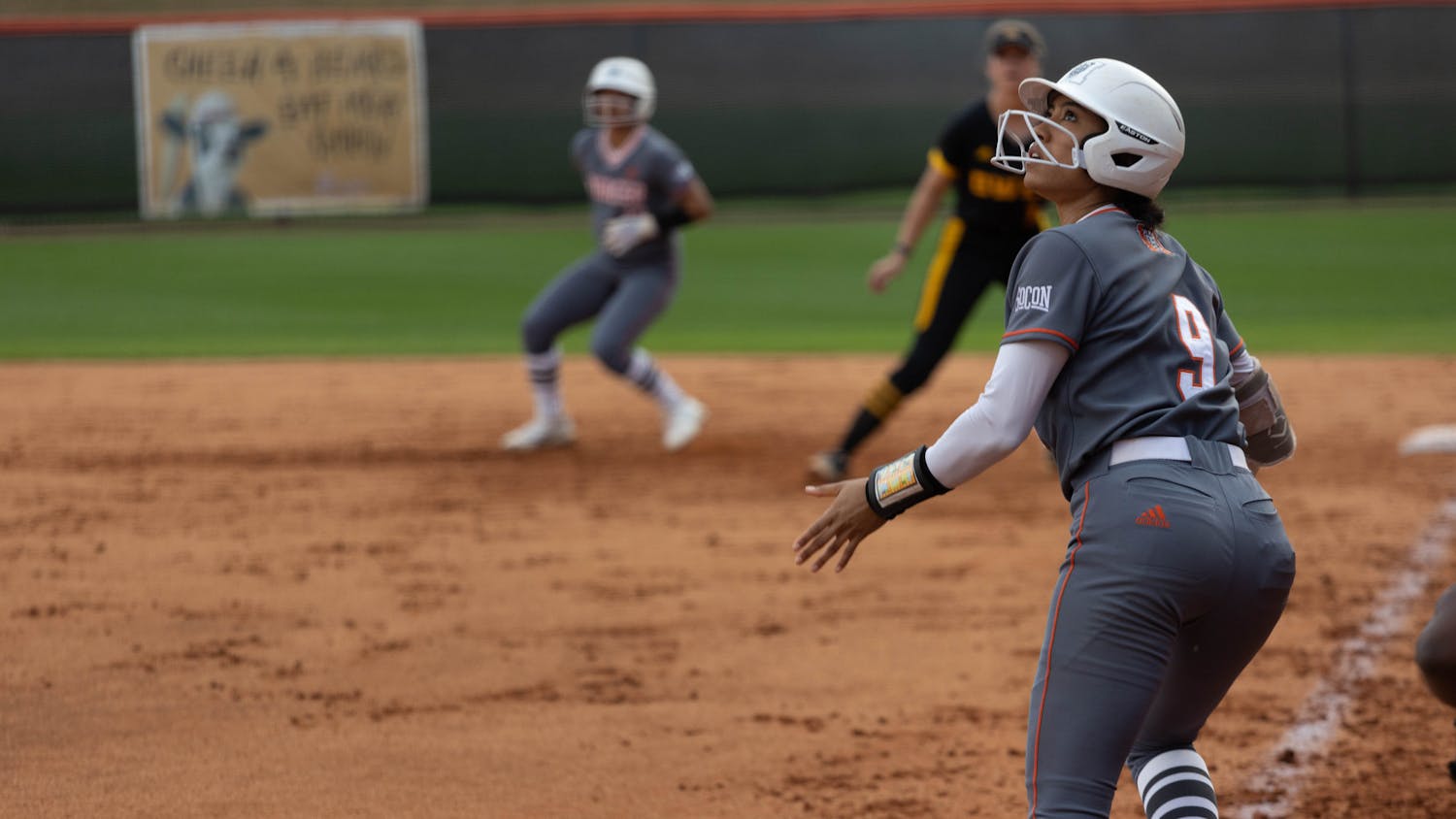One of the hottest topics in the NCAA right now is concussions. According to a study done by the University of Pittsburgh, over 300,000 sports-related concussions occur annually, and the likelihood of suffering a concussion while playing a contact sport is estimated to be as high as 19 percent per year of play. More than 62,000 concussions are sustained each year in high-school contact sports, and among college football players, 34 percent have had one concussion and 20 percent, multiple concussions.
Concussions often cause noteworthy and continuous neuropsychological impairment in information-processing speed, problem solving, planning and memory. These impairments are worse with a rise in number of concussions obtained. Studies have shown that the chance of getting a second concussion is higher once the first one happens. Suffering a second concussion while still having symptoms from a previous concussion can be lethal. In 1973, R.C. Schneider was the first to describe the deaths of two athletes who died after suffering a relatively minor head injury during recovery from a previous concussion. In 1984, the term second-impact syndrome was coined referring to having a second concussion while still recovering from the first. By 2003, 21 cases of SIS had been reported in medical literature.
The impact of concussions doesn’t stray far from Mercer University’s campus. Sophomore women’s soccer team member Kristen Hagaman has suffered from multiple concussions starting from her childhood and continuing in her college athletic career.
“I’ve only had one reported concussion, but now that I understand the symptoms I’ve probably had close to four. My concussion happened in March of 2011. Immediately after the concussion, school was extremely hard. I couldn’t comprehend what my professors were saying in class and I couldn’t focus at all on my homework,” said Hagaman.
Not only did she have problems with academics, but struggles came from elsewhere.
“I had terrible insomnia, so I was tired all the time. The headaches that I got were also awful. It was really difficult to study when I felt bad all the time and just about everything caused me to have a headache. The lights in my classes drove me crazy and having to focus harder in class gave me horrible headaches. Sunlight really affected my head and therefore I wasn’t able to go out to practice with my team, “she added.
With a serious concussion, and the possibility of long term affects looming, Kristen has some very important decisions to make when it comes to her life and her health.
“I have to decide if three more years of soccer is worth having problems later on in life, which most students don’t have to think about. Even if I don’t develop a serious problem like those, if I get another concussion it’s likely that I’ll have symptoms for the rest of my life. My trainers keep telling me that I should consider not playing anymore because when I go to play with my kids when I’m older I don’t have to get a headache every time I run around,” she said.
Concussions are serious despite what some may think. Kristen Hagaman is a prime example. She may never play the sport she loves again, but if it’s to prolong her life, it’s a decision that might need to be made. Millions of people are affected by concussions. It can lead to poor brain function and in some cases, even death. If you think you may have a concussion, take the necessary precautions to take care of yourself.




